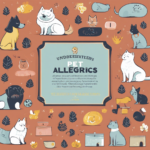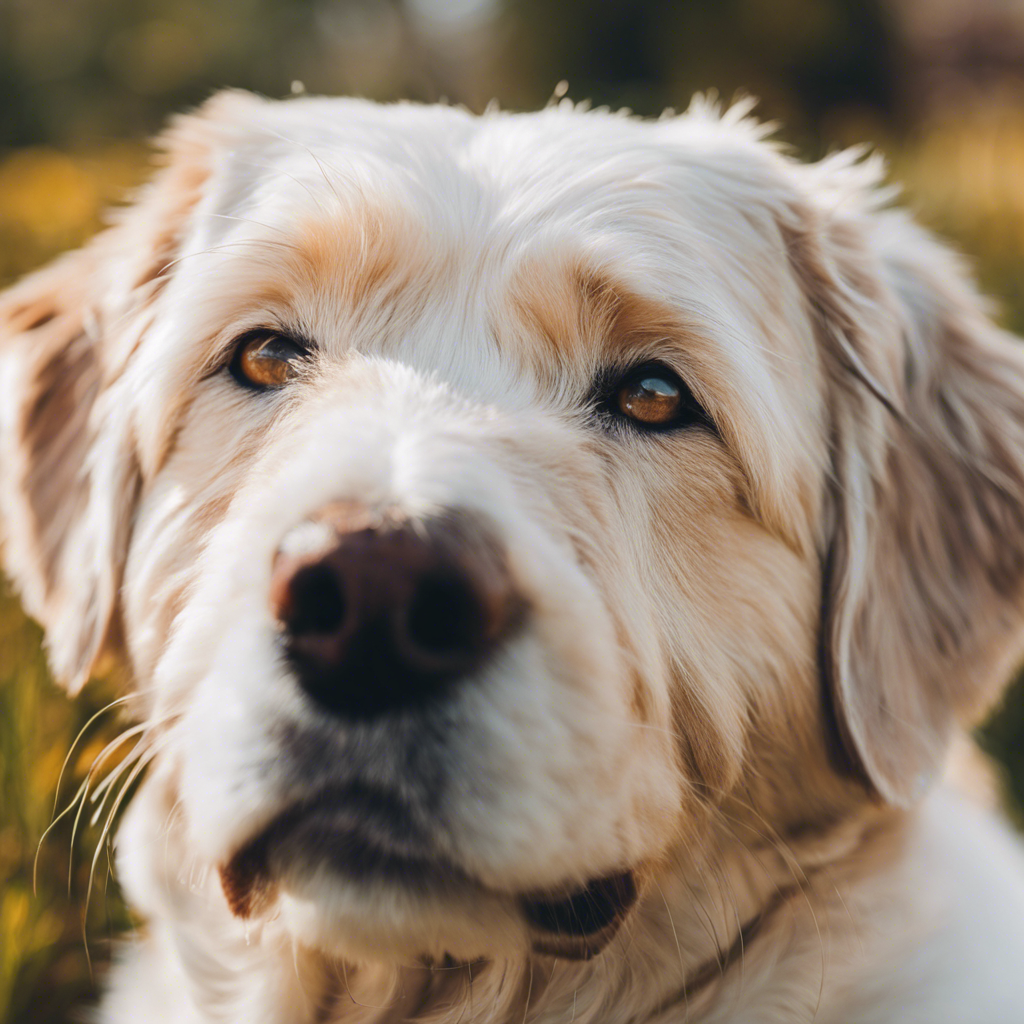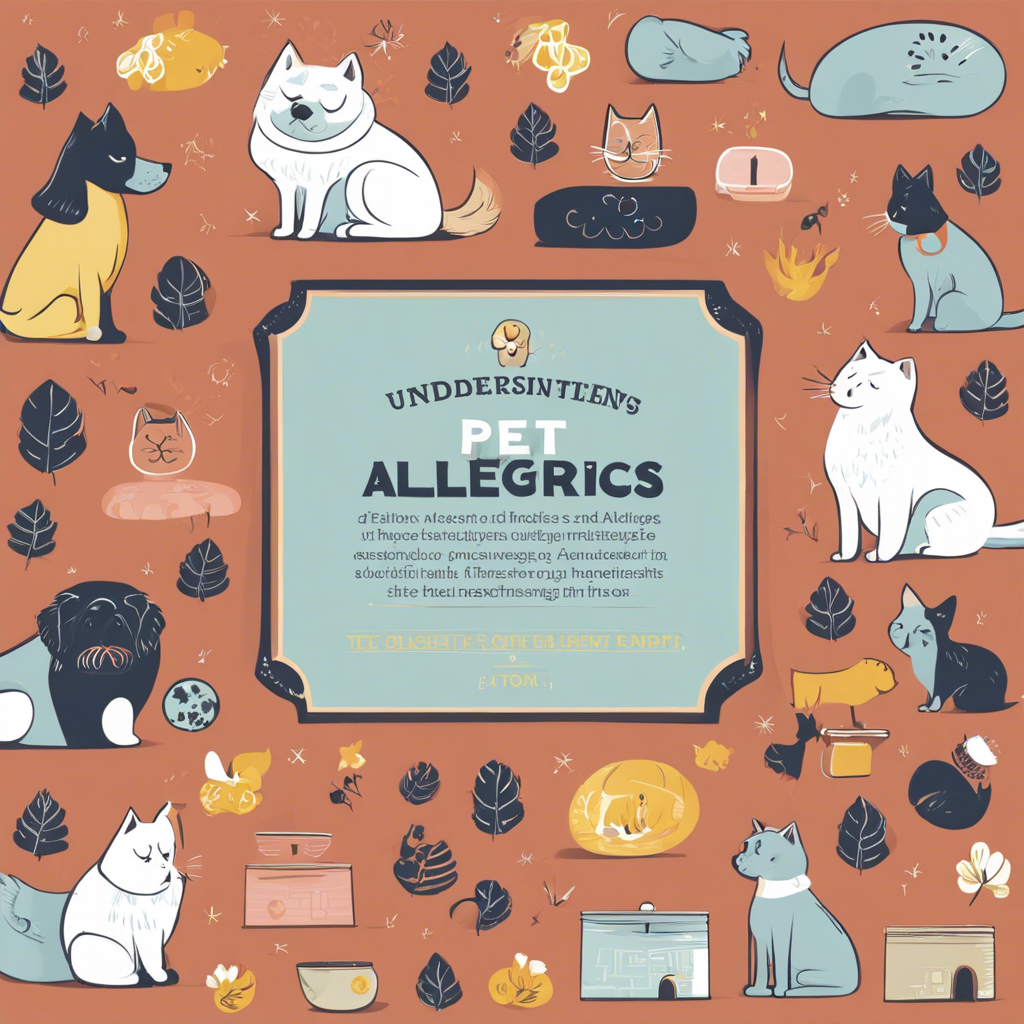# Senior Pet Care: Helping Your Furry Companion Age Gracefully
As our furry friends age, their health and well-being needs change. Senior pet care requires a different approach, one that is tailored to ensure they remain happy and healthy during their golden years. With advancements in veterinary medicine and dedicated pet care, our beloved companions are living longer than ever before, so understanding their evolving requirements is essential for responsible pet ownership. It’s a privilege to care for our pets in their senior years and with the right support, they can enjoy an enhanced quality of life well into their twilight years.
One of the most important aspects of senior pet care is regular check-ups with the veterinarian. Just as humans benefit from annual health screenings, our pets require the same level of proactive care. Bi-annual visits are recommended for older pets, as conditions can develop and progress rapidly. These visits allow for early detection of any potential health issues, which is key to successful treatment and management. During these check-ups, your veterinarian will also advise on any necessary adjustments to your pet’s diet and exercise routine to ensure their changing needs are met.
In addition to veterinary care, creating a comfortable and accommodating environment for your senior pet is crucial. This may include making adjustments to your home, such as providing soft bedding for arthritic joints, installing pet ramps or stairs to assist with mobility, and ensuring easy access to food and water bowls. Regular, gentle exercise is also beneficial for older pets, as it helps to maintain joint health, improve circulation, and manage weight. Short walks, low-impact activities, and gentle stretching can all contribute to your pet’s overall well-being.
Nutrition plays a pivotal role in senior pet care. Older pets often require a diet that is higher in protein to maintain muscle mass and support aging bodies. Senior-specific pet foods are formulated with this in mind and typically include additional supplements to support joint, heart, and cognitive health. It’s important to discuss any dietary changes with your veterinarian, as they can advise on the best course of action based on your pet’s individual needs.
Senior pets also require extra grooming and dental care. As they age, their skin and coats may become drier, so regular brushing and the use of pet-safe moisturizers can help keep their fur healthy and shiny. Dental care is another important aspect, as older pets are more susceptible to dental issues, which can lead to pain, infection, and other health complications. Regular teeth brushing and dental chews can help maintain their oral health.
Lastly, it’s important to be mindful of your senior pet’s mental health and provide plenty of love, attention, and mental stimulation. Just as with humans, aging can bring about cognitive changes in pets, such as confusion or disorientation. Engaging them in interactive games, teaching new tricks, and providing plenty of affection can help keep their minds sharp and happy. Spending quality time with your senior pet not only strengthens your bond but also ensures they feel loved and content as they navigate the aging process.
Senior pet care is a rewarding responsibility that requires dedication and a proactive approach. By understanding the unique needs of our aging furry friends and implementing the necessary measures, we can help them age gracefully, ensuring their comfort, health, and overall well-being throughout their senior years. With the right care, they can continue to bring joy and companionship to our lives, leaving us with cherished memories of their golden years.










